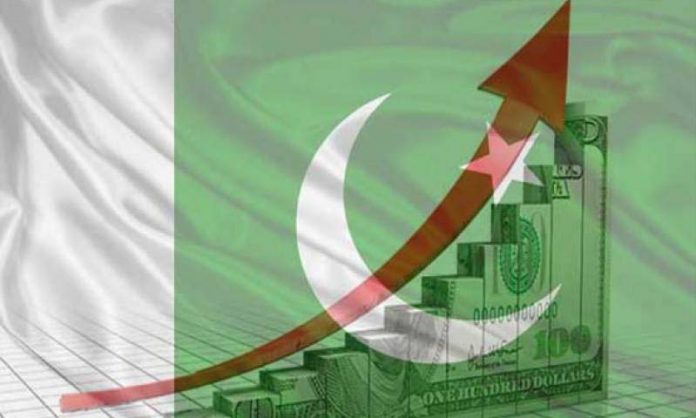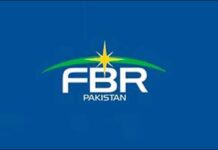
ISLAMABAD: The incumbent government has produced a ten-point economic strategy to boost growth and gravitates a shift of devising of trade policy to the commerce ministry from the Federal Board of Revenue (FBR).
This will enable to provide backing to Small and Medium Enterprises (SMEs) for job creation and enhancing exports, officials said on Monday.
According to the officials, there was a distinct chance of enrolling in another International Monetary Fund (IMF) programme, which may contribute to adjusting growth in the medium-term, reports an English daily.
The ten-point economic agenda envisages a competitive exchange rate, giving access to reliable power and gas supply to exporters, taking trade policy decisions power from the FBR, immediate payment of sales tax refunds and duty drawbacks.
Moreover, this agenda also includes a decrease in tariff on intermediate goods, enhancing access to intermediate goods to exporters, statutory regulatory order regime, ending of differentiating between commercial and industrial importers.
And enhancing connectivity with global value chains and taking advantage of China-Pakistan Economic Corridor projects also constitute part of this ten-point agenda.
The Ministry of Finance stated spurring export growth is an essential element of breaking the ‘stop-go’ cycle of growth and attaining a sustainable high growth rate.
According to a Finance Ministry statement, the development of the SME sector is critical for generating a huge number of jobs that are required.
Also, officials stated the government is going to approve an SME policy in current FY19 and bolster Small and Medium Enterprise Development Authority (SMEDA) in the next financial year.
It will execute a national financial inclusion strategy from FY19 to FY23, develop productivity improvement plan by FY20 and set up technology upgradation fund by 2020.
The government has decided to set up a trade facilitation unit in FBR, set up model business-friendly customs clearance unit, give go-ahead and execute trade-related investment policy framework during current FY19.






